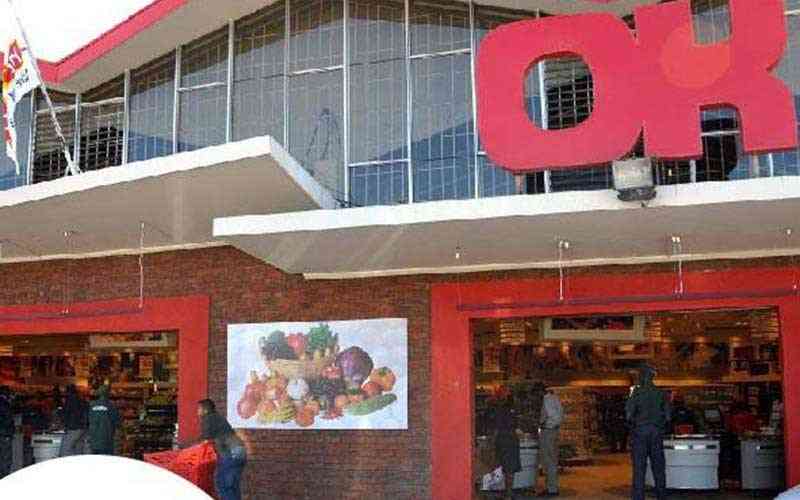
IN its half-year to September 2023, OK Zimbabwe alluded that sales volumes have fallen below its break-even point amid a weak consumer spent in the formal sector, owing to a combination of factors that are centred around the local currency.
Meanwhile, Pick n Pay South Africa also recently said its share of earnings from Zimbabwe dwindled by 56% over the past six months, mainly attributable to exchange losses.
It is imperative, therefore, to assess the crippling of the formal supermarkets, determining whether it is caused by micro or macro-economic factors.
OK Zimbabwe succumbed to a 21,6% decline in sales volumes in the first quarter from April to June 2023, followed by a further 23,9% dip in the second, quarter (July to September, 2023). In the overall period from April to September, OK Zim sales volumes are 22,6% down.
The group then went on to claim: “The group operated at volumes that were severely below the business’ break-even point. Rapid informalisation ensued as consumers sought to stretch their limited US dollar incomes in channels that offer parallel market exchange rates.”
This statement implies the challenges faced by the group in the half-year period were all sourced externally, with little to no control of the circumstances internally in a bid to alter the outcome. Formal retailers are mandated to accept all the legal tenders in this multi-currency regime, including the highly fragile Zimbabwe dollar.
Previously, the retailers were also mandated to use the formal exchange rate for pricing, before the recent removal of the 10% premium benchmark which has allowed traders to set an exchange rate that is over 10% from the interbank rate.
Meanwhile, peer retailers in the informal sector are not subjected to intense enforcement of these regulations and, therefore, tend to be flexible in determining currency of choice, which has seen most, if not all, informal retailers only accepting hard currency, the US dollar.
- EcoCash, OK Zimbabwe seal partnership
- OK Zim ignites Christmas is Here promotion
- Business giant Chiura laid to rest
- Currency woes: Suppliers demand cash upfront
Keep Reading
This left an unfair competition ground on pricing as formal retailers use a hedging pricing model against exchange losses from exchange premiums.
In perspective, the current exchange premium between the interbank and the parallel currency market is a circa 32%. Therefore, if a loaf of bread that traditionally costs US$1 is sold by a formal retailer in US dollars at the interbank rate, the retailer suffers a 32% loss on currency conversion when sourcing materials from suppliers, who peg prices against the parallel rate. Therefore, to hedge against this loss, the formal retailer has to effect the 32% into pricing model, effectively increasing the US dollar price by a matching margin.
Subsequently, upon conversion of the increased US dollar at interbank rate, the retailer will set-off potential exchange losses. However, since products will then appear expensive as most retailers would opt a higher margin to hedge against any uncertainties in the exchange rate movement, price-sensitive customers then opt for informal retailers, who offer cheaper prices due to less regulatory enforcement on pricing, and on tax and fees.
On the other hand, if formal retailers would use a direct conversion of increased US dollar prices against the parallel rate without a further hedging rate, the competition would be even as customers will not be faced with the option of cheaper prices ,but rather available currency to use.
This way, if customers have US dollars, they would opt for informal retailers, and if holding the Zimdollar, would opt formal retailers at the same cost. The reduction in sales volumes at most formal supermarkets can then be equally blamed on management failure.
Going forward, the removal of the 10% cap on currency exchange sets a challenge on management to directly compete with informal retailers on pricing, and therefore we expect to see a jump in operating profits from formal retailers.
- Duma is a financial analyst and accountant at Equity Axis, a leading media and financial research firm in Zimbabwe. — twdumah@gmail.com or tinashed@equityaxis.com, Twitter: TWDuma_






